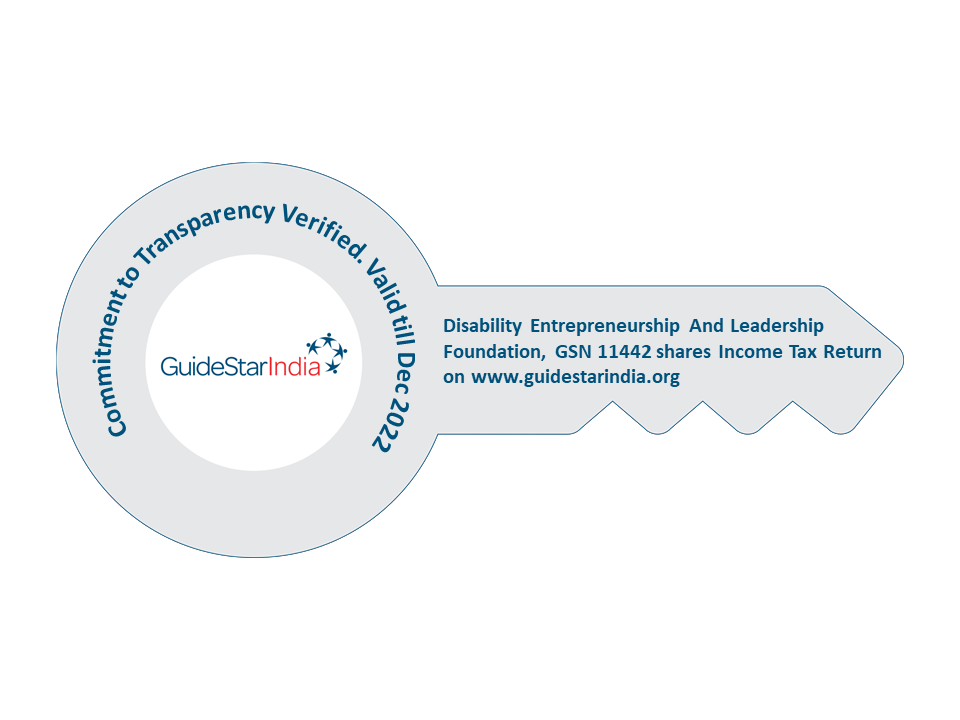The reasonable accommodation denied for persons with disabilities for decades is finally being offered.
Imagine a wheelchair user is called for an interview for his dream job. He reaches the office only to find that, despite him mentioning his disability in his application, the company does not have infrastructure to accommodate his needs.
Two untrained staff members carry him to face the interview panel as the rest of the office stares. The panel focuses on his disability, treating his skills and achievements as an afterthought. It explains to him how the organization is ill equipped to handle his disability.
This is the experience of most persons with disabilities in India. For people with disabilities, their choice of where to study and work is often limited to institutions and organizations willing to adopt what is defined as “reasonable accommodation”—adjustments to a job or work environment that will enable them to ‘perform essential job functions’.
Most Indian workplaces fail on this count is evident from the fact that less than 0.5% of the staff in the country’s top companies are persons with disabilities. Even companies that do hire persons with disabilities often deny them the infrastructure to realize their true potential and get promotions. Even the government is guilty of this; there have been times in the recent past when aspiring civil servants have been denied the service of their choice because of their disabilities.
It is because of this unfairness that persons with disabilities have been demanding a strong reasonable accommodation policy. Sadly, everyone chose to ignore the idea. It took a pandemic (COVID-19) foe India to adopt the work solutions people with disabilities have long sought. Now governments and corporations alike are making modifications to their work environments, inadvertently making reasonable accommodation the new normal.
In a recent case, the Supreme Court has given a landmark verdict on facilities and reasonable accommodation for persons with disabilities. The Supreme Court of India has said that the principle of reasonable accommodation, spelt out in the 2016 Rights of Persons with Disabilities (RPwD) Act, captures the positive obligation of the State and private parties to provide additional support to persons with disabilities to facilitate their full and effective participation in society. The case concerned a person with a chronic neurological condition resulting in Writer’s Cramp, or extreme difficulty in writing. He was denied a scribe for the Civil Services Exam by the UPSC, on the ground that he did not come within the definition of person with benchmark disability (40% or more of a specified disability). The Court, in rejecting this stand, held that the petitioner was a person with disability and that provision of scribe to him came within the scope of reasonable accommodation. The Court said” … the accommodation which the law mandates is ‘reasonable’ because it has to be tailored to the requirements of each condition of disability. The expectations which every disabled person has are unique to the nature of the disability and the character of the impediments which are encountered as its consequence…”
In a detailed analysis of Indian and International disability law, the Court said that disability is a long-term condition which due to barriers in the environment hinders full and effective participation in society. Reasonable accommodation implies looking at the specific disabling condition and providing amenities in accordance. Examples: Blind persons need screen reading software to work on the computer, hearing impaired need sign language interpreters. Reasonable accommodation extends to all persons with disabilities, not just those with benchmark disabilities.
(Sources: disabilitylaw.org.in, thehindu.com, scroll.in)
Disability entrepreneurship And Leadership Foundation, is working to create an ecosystem to help realize entrepreneurial and leadership potential of persons with disability by creating enabling environments and removing disabling barriers to participation.


 Awarded by Guidestar India
Awarded by Guidestar India
Wow! This site is sick! How did you make it look this good !?